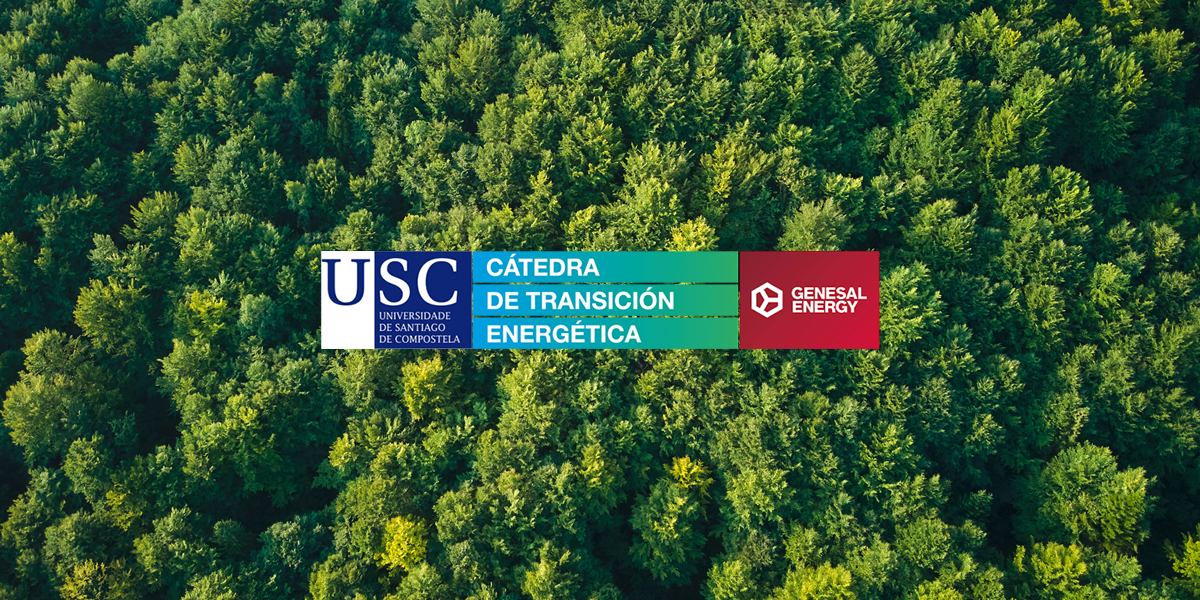A Fair Energy Transition for All: tackling energy poverty.
Completion of the Energy Transition towards cleaner and more sustainable energy sources has been widely recognised by the international scientific community as a crucial objective in the fight against climate change and environmental degradation.

However, on this path we must not lose sight of a fundamental aspect when talking about energy: the so-called ‘energy trilemma’, this is, the search for a balance between the 3 fundamental factors of energy policy developed below:
- Security: Supply must be stable and able to meet current and future demand.
- Environmental protection: There must be a shift towards energy sources with lower environmental impact and reduced greenhouse gas emissions.
- Energy equity: Energy access must be affordable and fair for all, including the most vulnerable and disadvantaged groups.

What does this mean? It means that in addition to being sustainable and resilient, the energy transition must be inclusive and fair for all, in other words, it must effectively address the energy poverty issue.
Understanding energy poverty
Defining the term energy poverty is not that straightforward. It is not just ‘not being able to pay bills’, but a multi-faceted problem that prevents households from achieving a minimum level of domestic, essential energy services. Examples range from lack of access to modern energy sources, inefficiently insulated housing to insufficient heating and cooling systems that do not meet basic needs. All these leading to prohibitively high energy costs. Depending on the degree of poverty experienced, the consequences can affect people’s well-being & health and effective participation in society.
The intersection between energy transition and energy poverty
e intersection between energy transition and energy poverty
The Energy transition can become a powerful tool in tackling energy poverty. Nevertheless, it is also necessary to work on the unique challenges that arise and that would allow to improve the situation, namely:
- Equity and universal access: One of the main objectives of the energy transition, linked to the Sustainable Development Goals, is to ensure that everyone have access to affordable and sustainable energy sources. This target was set considering the current global context where more than 700 million people still live without any access to electricity, limiting their ability to achieve a decent standard of living. In this sense, the energy transition must go beyond the simple replacement of fossil fuels with renewable energies; the change must address the structural inequalities that perpetuate the lack of access to energy.
- Cost. While Renewables and sustainable fuels are experiencing cost reductions, there are still significant economic barriers to their widespread adoption. For example, replacing a combustion engine vehicle with an electric vehicle, or simply purchasing a fuel with lower emissions, requires substantial financial resources that may be beyond the reach of households and communities with limited income. It is therefore crucial to develop innovative financing mechanisms and incentive programmes to make transition-related energies more accessible to all.
- Economic restructuring: The energy transition also poses challenges in relation to the economic and employment system. As we decrease dependence on fossil fuels and move towards a decarbonised economy, certain sectors such as the coal or oil industry are likely to experience declines in demand and production. This could mean losses of thousands of jobs. Measures to retrain workers for emerging clean energy jobs are essential if the transition process is to be carried out in a fair and equitable manner.
- Climate justice and community participation: These are the two principles that must drive the energy transition. Communities affected not only by energy poverty but also by the negative impacts of conventional energy systems must have a voice in the decisions that affect their lives and environment. A fair transition strategy should include the promotion of neutral spaces for dialogue and collaboration that facilitate the exchange of knowledge, experiences and perspectives. Members of affected communities, civil society, experts, political representatives and businesspeople shall be able to discuss and seek solutions together.
Summarising, the energy transition represents a crucial point in the fight against climate change and energy poverty. As we move towards a more sustainable future, it is essential to comprehensively address the challenges that arise along the way to ensure universal energy access, reduce the costs of sustainable energy solutions, provide equitable employment opportunities and encourage active citizen participation. In doing so, we will be one step closer to building a decarbonised and sustainable future for all.



